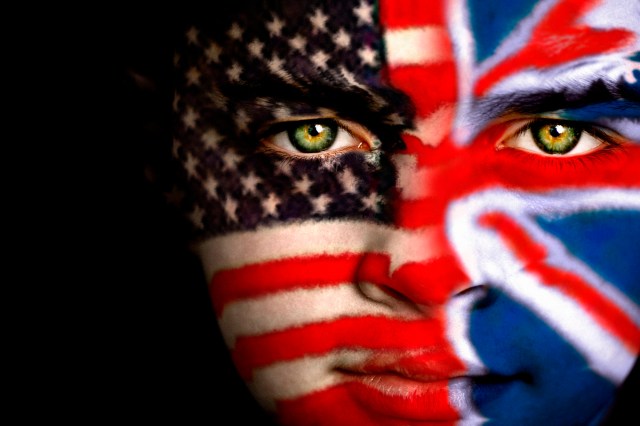Portrait of a young boy with one half of his face painted with the Union Jack of Great Britain and the other half with the Flag of the USA.

In the United States, 2017 media coverage has been dominated by the Russia collusion story, tax reform, Obamacare repeal and the President’s daily tweets. What has been missing however from the reporting of CNN and the pages of The New York Times and Washington Post has been in-depth coverage and recognition of developments 6,000 miles away in the Middle East.
The most significant story of the year (and one of the biggest of the decade) is the emphatic defeat of ISIS in Iraq and Syria, a massive setback for Islamist militants and their murderous ideology. The Islamic State and its followers remain a major threat in North and East Africa, parts of the Middle East, and in Europe, but their caliphate stretching from Mosul to Raqqa has been almost completely decimated…
- According to the US State Department, just 2% of territory once held by ISIS remains in their control.
- ISIS lost 50% of its territory in 2017 alone, with five million people liberated in the last 12 months.
- A total of 7.7 million people have been freed from the brutal grip of Daesh since Operation Inherent Resolve began.
By any measure this is a huge achievement. This may go down in history as the year when the free world finally turned the tide against the Islamist menace. And none of this would have been possible without American leadership with the support of key allies like Great Britain. The world is a safer place when the United States is prepared to lead, and Britain is prepared to fight alongside it.
***
Introduction to this Under-reported series.
Summary guide to all under-reported articles in this series.










Join the discussion
Join like minded readers that support our journalism by becoming a paid subscriber
To join the discussion in the comments, become a paid subscriber.
Join like minded readers that support our journalism, read unlimited articles and enjoy other subscriber-only benefits.
Subscribe